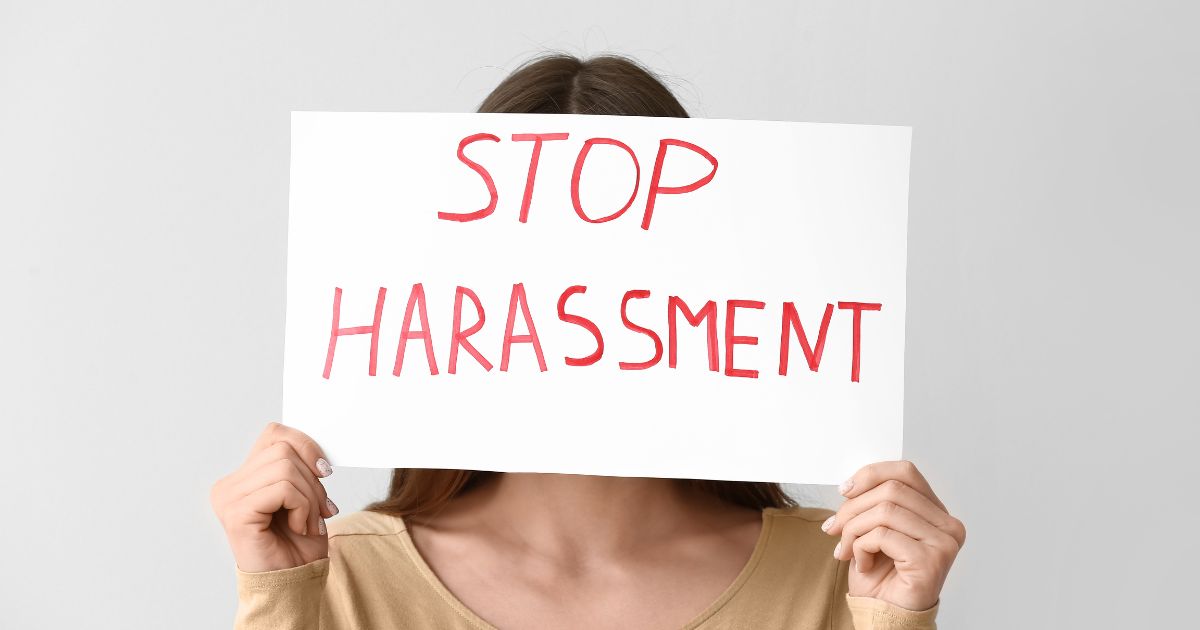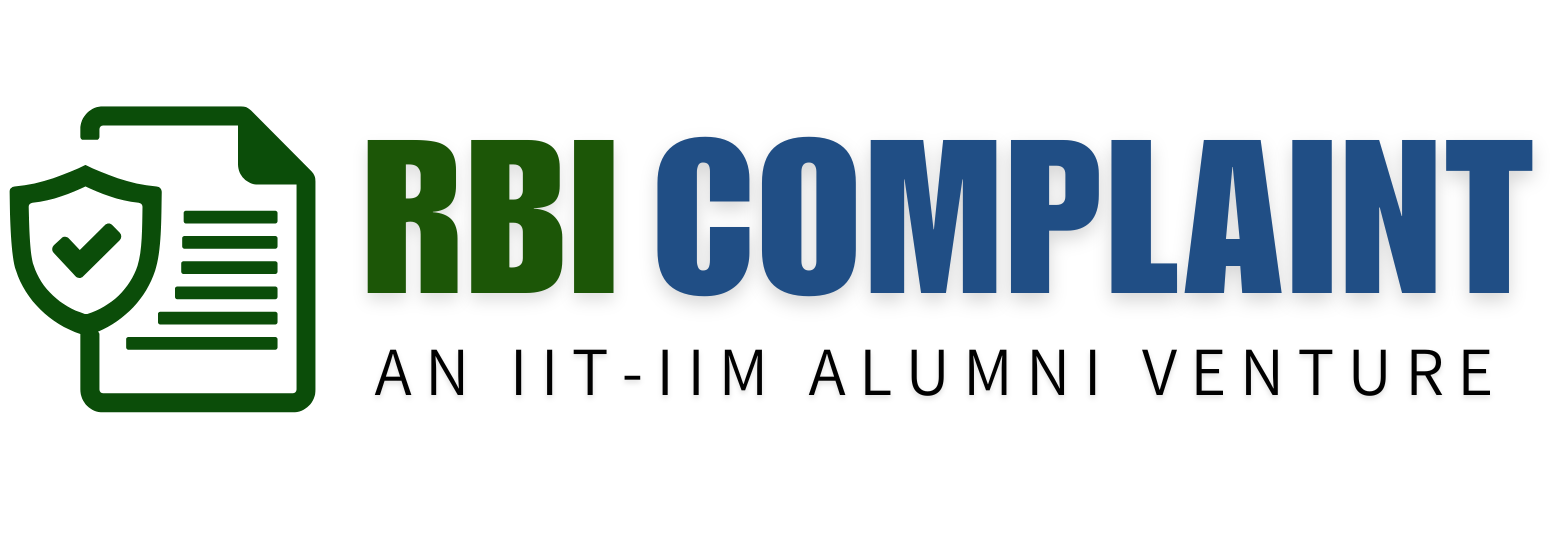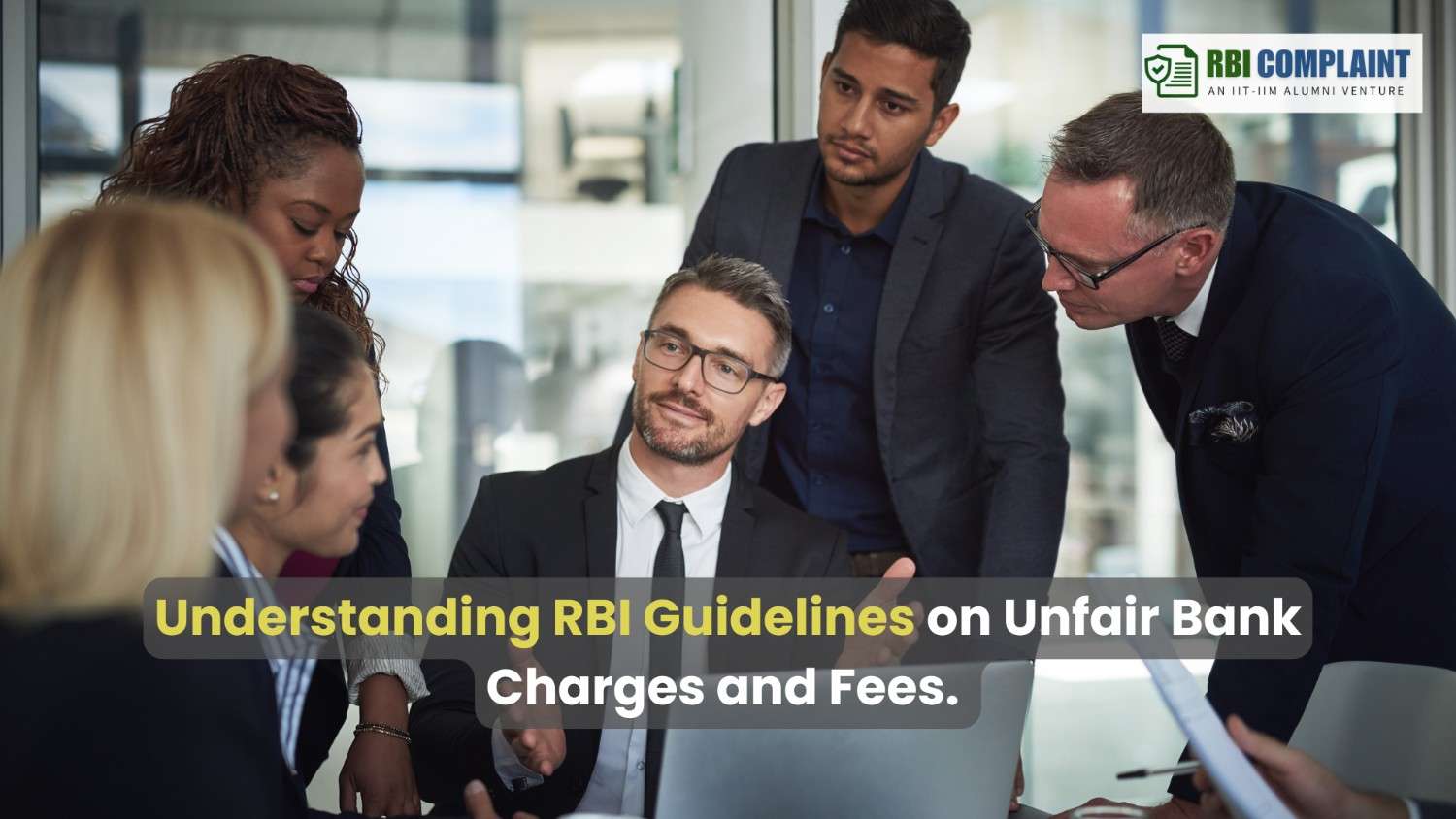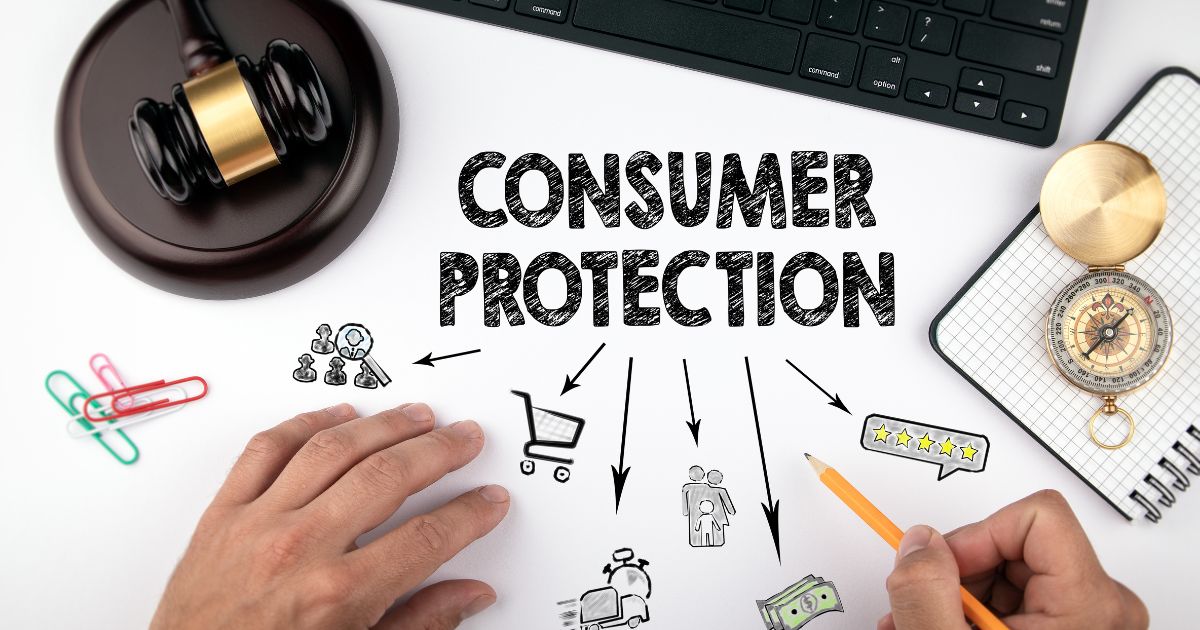· Harassment By Recovery Agents · 4 min read
RBI's Stance on : Know Your Rights
The Reserve Bank of India (RBI) enforces strict guidelines to protect borrowers from harassment by loan recovery agents. Understand these regulations and your rights as a borrower.

The Reserve Bank of India (RBI) has established stringent guidelines to protect borrowers from harassment by recovery agents, recognizing that debt recovery should be conducted within the bounds of law and human dignity. These regulations form a crucial part of the central bank’s commitment to fair banking practices and consumer protection.
Legal Framework and Guidelines
The RBI’s Fair Practices Code mandates that banks and financial institutions must ensure their recovery agents operate within ethical boundaries. Under these guidelines, recovery agents are strictly prohibited from using abusive language, making threats, or engaging in any form of physical intimidation. The central bank has made it clear that debt recovery cannot justify harassment or violation of a borrower’s fundamental rights.
Recovery agents are required to identify themselves properly, maintain reasonable calling hours (typically between 7 AM to 7 PM), and respect the privacy of borrowers. They cannot contact borrowers at their workplace without explicit consent or harass family members who are not co-borrowers or guarantors.
Prohibited Practices
The RBI has specifically outlined several practices that constitute harassment:
Physical Intimidation: Recovery agents cannot use force, threaten physical harm, or engage in any form of physical intimidation. Such actions are not only against RBI guidelines but also constitute criminal offenses under Indian law.
Abusive Communication: The use of abusive, threatening, or obscene language is strictly prohibited. This includes verbal abuse over phone calls, written communications, or any other form of contact.
Unauthorized Disclosure: Recovery agents cannot publicly shame borrowers by disclosing their debt details to neighbors, employers, or other third parties. This violates privacy rights and banking confidentiality norms.
Excessive Contact: Persistent calling or contacting borrowers at unreasonable hours constitutes harassment. The frequency and timing of contact must be reasonable and respectful.
This issue often extends beyond recovery practices to broader banking service complaints, where customers face various forms of unfair treatment or service deficiencies.
Borrower Rights and Remedies
Borrowers facing harassment have several avenues for redress. The RBI has established a robust grievance mechanism that allows customers to report such incidents. If harassment occurs, borrowers can initially approach the bank’s internal grievance redressal mechanism.
When internal complaints don’t yield satisfactory results, borrowers can escalate their concerns to the Banking Ombudsman scheme or file an RBI complaint directly with the central bank. The central bank takes such complaints seriously and can impose penalties on banks that fail to control their recovery agents.
For serious cases involving threats or physical intimidation, borrowers should not hesitate to file police complaints, as such actions constitute criminal offenses under the Indian Penal Code.
Bank’s Responsibility
Banks are held directly responsible for the actions of their recovery agents, whether they are employees or third-party contractors. The RBI expects banks to:
Conduct proper background checks before engaging recovery agents
Provide adequate training on legal and ethical debt recovery practices
Monitor recovery activities regularly
Maintain detailed records of recovery actions
Take immediate corrective action when harassment is reported
Financial institutions that fail to ensure compliance face regulatory action from the RBI, including monetary penalties and restrictions on business operations.
Recent Developments
The RBI has continued to strengthen its stance against recovery harassment. Recent circulars have emphasized the need for banks to adopt technology-driven solutions for monitoring recovery activities and ensuring compliance with fair practices codes.
The central bank has also mandated that banks must have a clear escalation matrix for addressing harassment complaints and must resolve such issues within specified timeframes. For those who have filed complaints, RBI complaint tracking becomes essential to monitor the progress of their cases.
Conclusion
The RBI’s firm stance on harassment by recovery agents reflects its commitment to protecting consumer rights while maintaining a healthy credit ecosystem. Borrowers should be aware of their rights and should not hesitate to report harassment incidents.
Banks, on their part, must ensure that their recovery processes are humane, legal, and respect the dignity of borrowers. The ultimate goal is to create a balanced approach where legitimate debt recovery can occur without compromising basic human rights and dignity.
This article is for informational purposes only and does not constitute legal advice. For specific legal guidance, consult with a qualified attorney.



